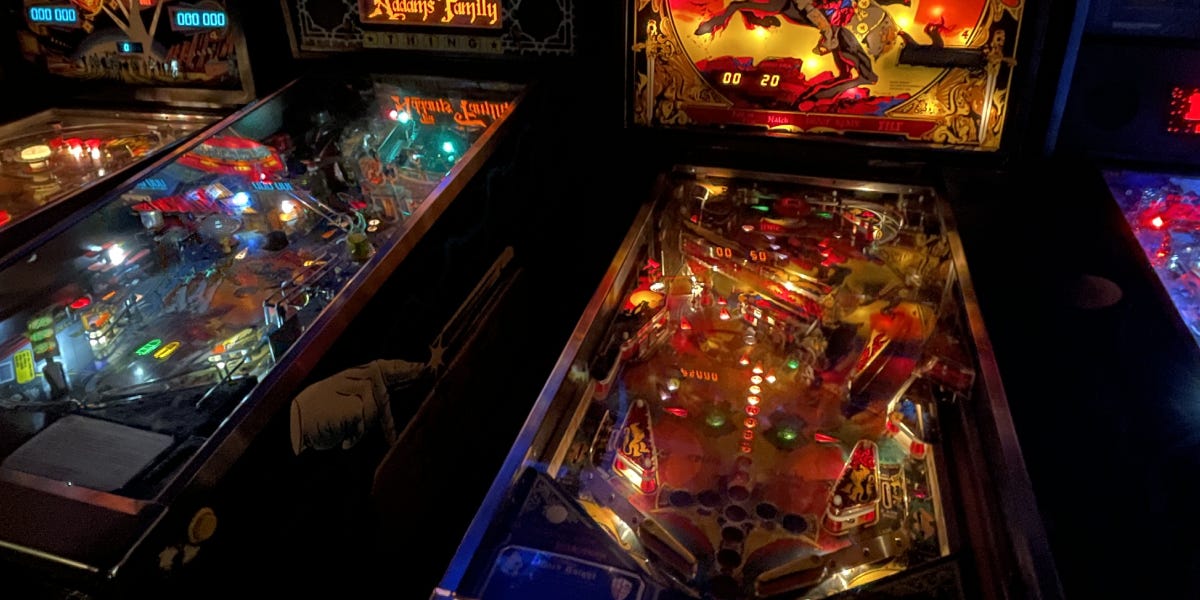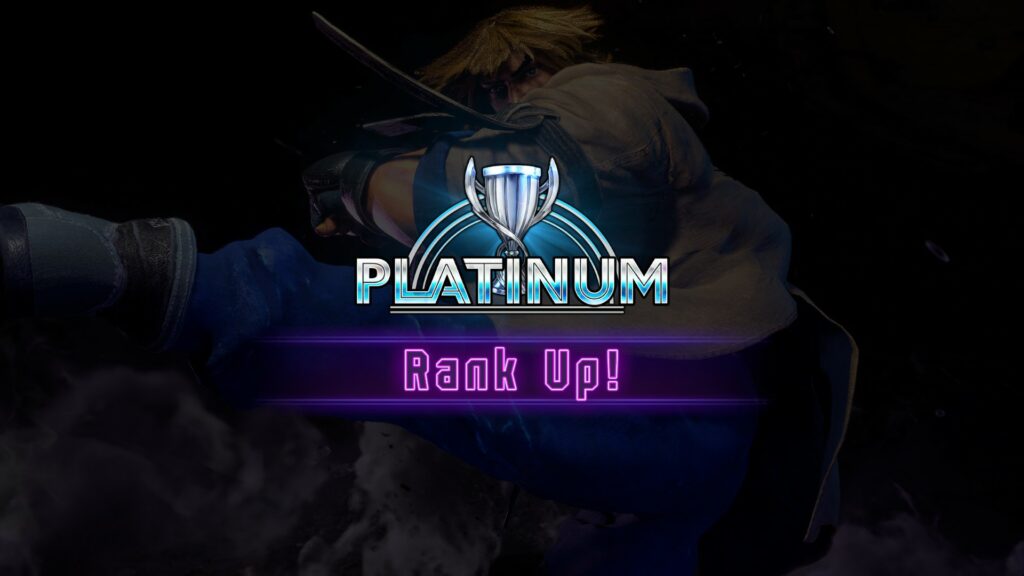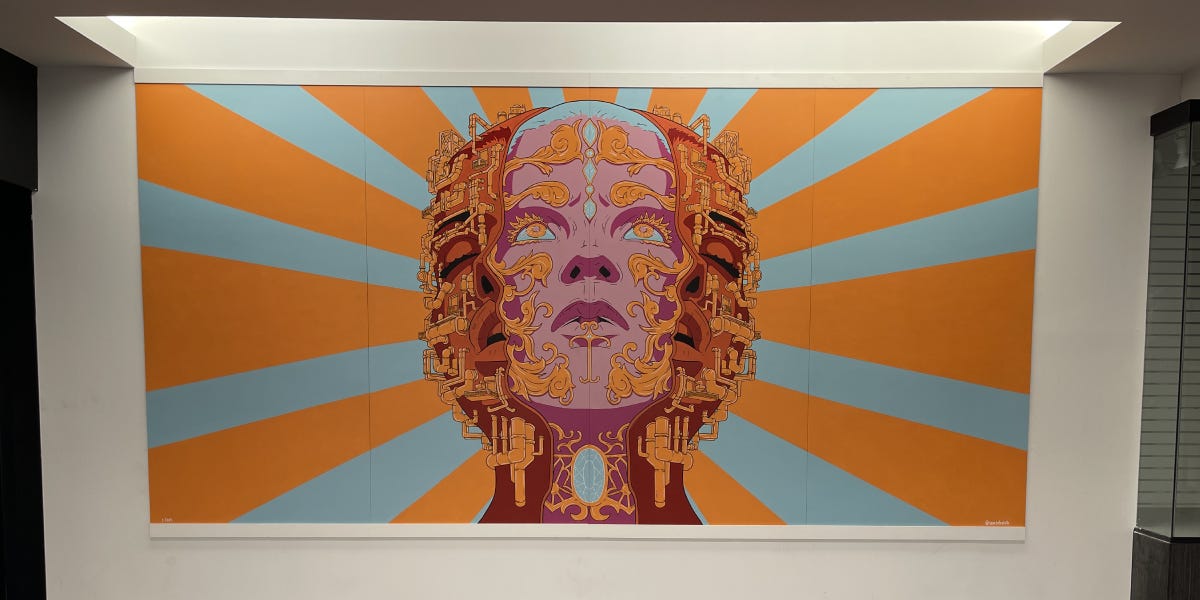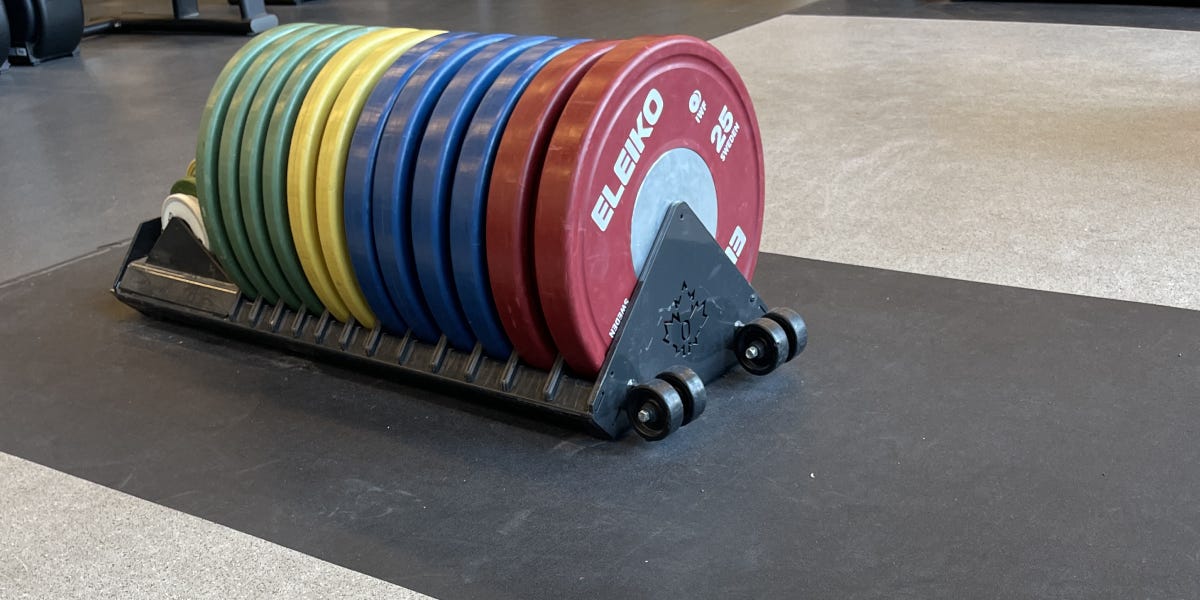Living off borrowed time, the clock tick faster.
That’d be the hour they knock the slick blaster.
— MF Doom, “Accordion” – Madvillainy
I turned 35 yesterday. I wasn’t exactly sure how to feel about it, but I’ve settled a bit.
For most of my life, I’ve been working to correct the assumption that I have a finite amount of time to shape my existence into something happy and pleasurable; it was burned into my brain, way too young, that at a certain age, responsibilities would mean that I couldn’t pivot out of unhappiness. Younger Matt would panic, and think “I’d better make sure I was in a good place, because I’d never know if I could get out.”
It was a bit toxic. It led me to have difficulty committing to situations and people, mostly out of the fear of “locking in” something that I couldn’t improve. I’d seen a lot of people in my life settle for unhappiness, and I didn’t want that to happen to me. With every birthday, I’d wonder when this fictitious deadline would come into effect, and whether I’d done enough in time to make a good life for myself.
I think it’s good that “34” taught me that I’m still capable of change, and that it can be noticeable, trackable and tangible. I always start these year recap blogs with some kind of “this year felt different”, which seems flighty and non-committal; this year, there’s a “different” to the usual “different.”
I wanted to post to reflect some new things I tried, and what I learned from them. That learning feels like a major breakthrough in that despite them being habits I’d tried to build before, this time, they really stuck.
Last July, I started two new pursuits. Both had the aim of doing similar things, but with a couple minor tweaks: I started going to the gym, and I started playing Street Fighter 6.
Both are things (I struggle to call them just “hobbies”, but, y’know…) that allow me to practice adjusting to friction. I realized that I needed to basically wade into situations where resistance existed in order to acclimate myself to it. I also wanted opportunities to be kind to myself when I met that resistance to give up, or feel frustrated.
I’m the type of person who will try to “solve” feelings or situations in the most straightforward manner; I’m not hell-bent on “logic” from a pseudo-religious standpoint, but instead because I felt like giving myself compassion to my circumstances was going to turn me into someone who uses those things as an excuse.
We all know annoying people who do that too much — lamenting their poor fortune without actually looking to improve or change — and I didn’t want to be one of them. I wanted to be seen as someone who struggled in spite of my circumstances, because that was the “right” thing to do — to me, it made sense to push away the desire to seek care, comfort or understanding.
After all, if I really wanted to get better, I could just do it on my own, and try hard, right?
The cycle of trying, struggling, then shaming myself for wanting support had led to a lot of mental anguish, partially because it felt like the right path. To my brain, it was the correct path to proceed; I just needed to be good enough in order to walk it.
This year, I basically said “Screw it, maybe it’s time to try to find something that works for how I am right now.” In a very blunt moment, my therapist said “Yeah, how you’ve been working so far hasn’t exactly been doing the best for you.”
If I am strong at one thing, it is being willing to give these kinds of shift a chance, with full sincerity and heart.

Both the gym and Street Fighter hit similar desires:
- I wanted to compete against myself, and my previous personal bests
- I wanted cumulative effort to be evident, and trackable long-term
- I wanted to have to condition myself against minor failures without spiraling into self-doubt
- I wanted to have them both become habits, rather than projects
Street Fighter is a bit different because there is direct competition there, and someone does win or lose in each match. I wanted to test some boundaries and introduce a small amount of pressure; I’d know exactly how much, and where it was coming from.

Come July 2024, I’m still gymming, and I’m still playing. At the gym, I’ve hit weight goals that I’ve never achieved before; I feel strong for the first time in my life. Every other time I’ve tried to make working out a habit, it’s been something that I’ve washed out of early, or injured myself doing — as a result, it was always a start from nothing, and that can be very discouraging.
With Street Fighter, I knew that since there was more immediate feedback to my skill, I needed to find a support network of people that would be able to help center me. I also needed to move away from an unhealthy feeling of “I need to be a certain level of skill in order to participate.”
A friend (hey Rhazca) psychoanalyzed me a bit in saying that I likely felt like I needed to a level of knowledge to feel “worthy” of participating, and that was dead-on: I wasn’t used to giving myself the credibility that maybe people would want me in a space, just how I was. This led me to approach the relationships with me needing to “be more,” and if I couldn’t meet that standard, it usually involved a lot of negativity.
Part of how I would talk down to myself is by feeling ashamed at what I felt were “unlitigated” emotions; feelings that were chaotic, but I also felt I needed to explain in great depth in order to feel like they were valid. I use the phrase “litigating my emotions” to describe the feeling of being tried in a court, and I need to have a perfect defense for my emotions, or else they’re invalid.
An example of this is feeling discouraged after a loss streak: while I know that it was temporary, and I know that I’m not going to win every game, the frustrated feeling was still there, and I wanted to find people who could understand that I wasn’t asking for patronizing support. I would want them to know me well enough to give me the benefit of the doubt that I wasn’t being immature or unreasonable. They could listen to my frustration, see the effort I’m putting in, and realize that I was aware of the pragmatic “You aren’t going to win every game” advice.

These situations, spirals and troughs were the opposite of pragmatic, but they still felt real. And I wanted to be able to find somewhere where I could be unashamed of seeking compassion. I was used to a lack of compassion — chiefly from myself.
So I searched, and I found, and it’s been great. After interviewing Minovsky last year, him and two of his friends really did a great job listening to some of my more frustrated moments, understanding where it was coming from, and validating the feeling without me feeling bad for taking up space. I tracked my wins and losses, and hit goals I didn’t think I could.
Just the simple “We want to help you not bounce off of fighting games” is something I’m extremely grateful for.
Eventually, I found a great Discord server called FGC Boomers, a community for older players who have jobs, kids, or otherwise bigger responsibilities. People in that server seemed exactly suited to support the kind of issues I was running into mentally. Specifically saying “Hey, I feel ashamed I want support for something I know the logical answer for” and have that be understood is very freeing. It also built my confidence as I could tangibly see myself getting more resilient.
Even though I was scared that this compassion would feel like a drug, and I would get too high off it, that didn’t happen. The spirals lessened, and over time they became less intense, and triggers didn’t bother me as much. I started being able to give this support to myself.
And more importantly, I started believing it.
This resilience leads into my second chunk of this post.
I feel like “self-esteem” and “confidence” were words I heard a lot during my childhood and teens, and I didn’t really grasp that I was lacking in them until recently. I’ve never had a hard time talking with people, but a series of events (that I’ve examined through therapy) really made it clear that I needed support that I didn’t get in key points of my life. I’m not about to sit in that “people failed me” feeling, but I think 34 is the first year I actively went “Yeah, that has probably made it harder. I should give myself a little space to struggle here.”

That has been a long time coming. It’s clicked that it’s not a bad thing to want that compassion from others, and I’m also more capable of giving it to myself. I feel like I’ve always been self-aware, but there’s been an overwhelming desire to take responsibility for my current state and future progress.
Again, it was a pride thing: if I’m stubbornly aware of it, and refuse any compassion in it being hard to fix, that must mean I’m a good person, right?
With that weight in mind, it feels like a big deal for my internal voice to say (and believe) “it’s okay to struggle. It’s okay to admit that I am swimming against currents that developed from my circumstances.”
I’ve also realized that this “vortex” — I tend to imagine these currents as huge whirlpool — is something that’s generational, and I have a responsibility to try to escape it. I’ve noticed through analyzing my parents, that I’ve fallen into behaviours I’ve been critical of them having, without even noticing. As I’ve seen how they’ve coped with things, I’ve adopted some of those comfort zones, and I don’t like it. It’s given me perspective on just how difficult it is to escape that kind of generational trauma: you just fall into it without noticing.
Before, my self-awareness would seem punishing, and I would want to rebel against it; no matter how virtuous a person I thought I was being, there would be this voice going “This feels unfair. This is hard. This sucks.” I’d self-criticize myself for these thoughts, and the spiral would worsen. Nothing got done. Beating myself up was not actual work.
Now, after some adjustment, my awareness feels like more of a friend or partner that I can work with; not being laser-focused on “owning” every choice I make means I can make more and healthier adjustments in the long run. While it might not meet some classical definition of stoicism or suffering in silence or “pushing past the pain”, those things weren’t having positive (or any!) results. This is. So I’m going to ride it until I adjust again.

Both the gym and Street Fighter have taught me that after I’m over the initial hump of “no results, no feedback”, I’ve locked in a small floor of progress. If I miss gym sessions or don’t feel up to playing, I haven’t lost the fundamental skills I’ve built.
Before, it felt like an indictment of my discipline or motivation when something would happen, and I would have to face starting from zero when I tried again. It was hard to push off the reminder that I’d failed, given up, or been lazy — these are obviously harmful self-narratives, but they’ve very much lessened when I can take a week off from the gym, de-load a little bit, and then eventually get to my max weight again fairly quickly.
It still takes a good bit of effort to see those initial bits of feedback, and I think that’s why it’s important to remember that these changes are hard. You might be writing to no audience, not see any muscles after lifting, or still feel stuck in the same skill bracket in video game — change is happening, though, and sometimes it’s just about saying “I do not care of my effort is different than what I thought it should be. I need to trust it’s still going somewhere.”
A good friend has told me recently that positive changes can’t come from negative headspaces, and it’s taken me a lot of time to internalize that — I can’t shame myself into better habits, because it pushes me towards coping mechanisms I know are both unhealthy and compounding.
Losing the fear and shame has made it much easier to have the feeling of success not be tied to a rigid milestone. Going to the gym is better than not going. Even one session a week is better than none.
Things in general feel a lot less urgent, and there’s a lot less pressure for me to be what didn’t feel comfortable. I can grasp what I was told about “shaping my life” and it being harder to make extreme pivots, but it doesn’t feel impossible.
I’m still in control. I’m not settling. I’m still pushing. I have the love of other people and myself to try to help me along. I am breaking cycles of dysfunction and avoidance. I am honouring the pain of the people before me; I’m the person that’s ready to feel that pain, and I’m going to cut it off so that my kids (or whoever after me) can process it in a healthier way.
These all feel like big deals, and it’s encouraging to know that I’m nowhere near done yet.
More soon. All the love in the meantime.


Leave a Reply